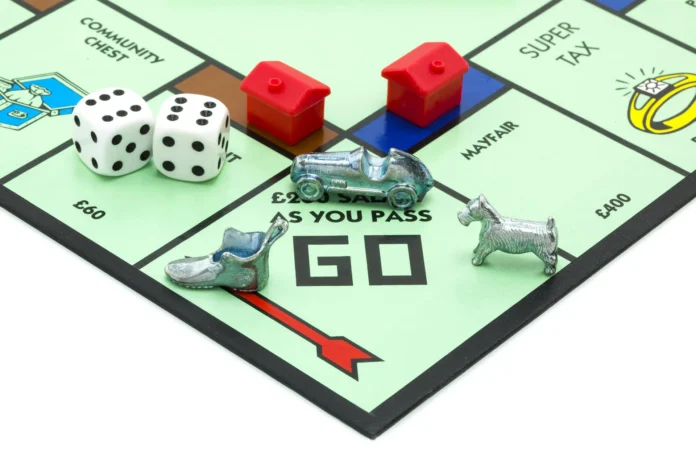Board games have been a source of entertainment, strategy, and family bonding for centuries, but one title stands out among the classics as a true titan of tabletop gaming – Monopoly. Since its creation in the early 20th century, Monopoly has become a cultural phenomenon, captivating players of all ages and earning its place as a timeless classic. In this exploration, we delve into the reasons why Monopoly might just be the greatest board game ever, examining its enduring popularity, strategic depth, and cultural impact.
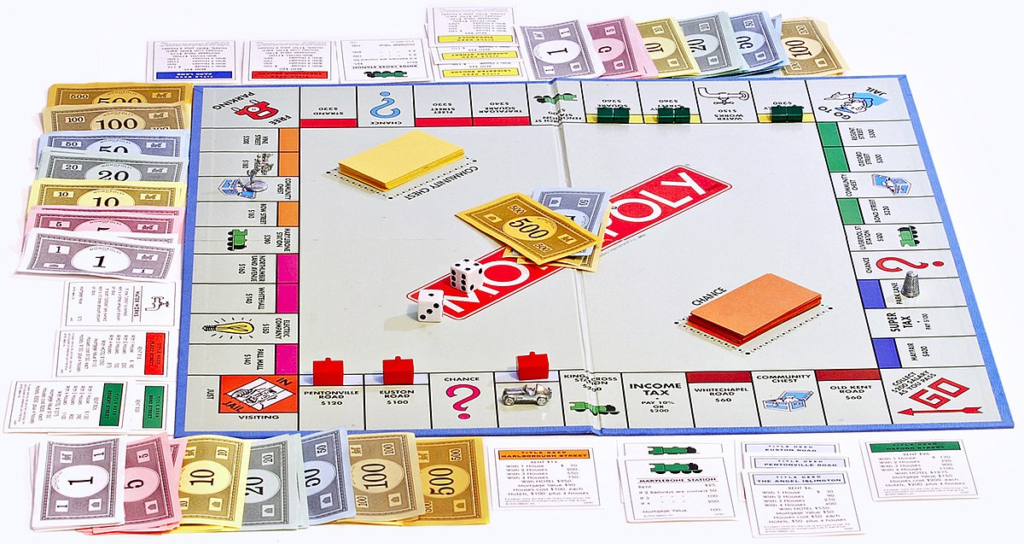
The Origin and Evolution of Monopoly
Monopoly’s roots can be traced back to the early 1900s when it was initially conceived as “The Landlord’s Game” by Elizabeth Magie. Over the years, the game underwent various adaptations and redesigns before Parker Brothers officially launched the version we recognize today in 1935. From its humble beginnings to its global dominance, Monopoly has evolved into a game that transcends generations, offering a blend of strategy, negotiation, and luck that continues to captivate players worldwide.
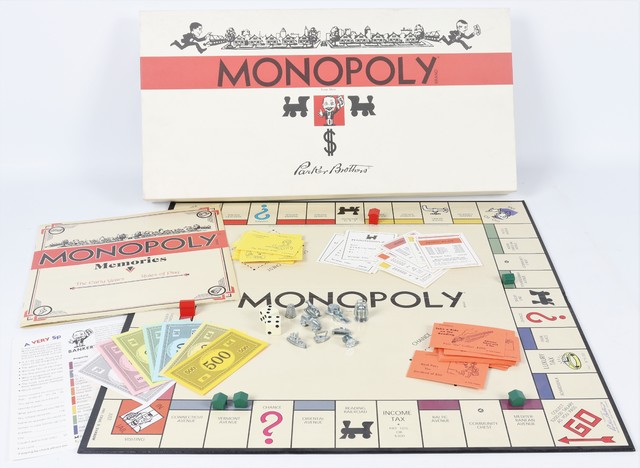
Strategic Depth and Decision-Making
At its core, Monopoly is a game of strategy, requiring players to make crucial decisions about property acquisition, trades, and financial management. The strategic depth lies in the delicate balance between investing in properties, negotiating shrewd deals with opponents, and managing resources efficiently. The game’s economic principles provide players with a taste of risk and reward, teaching valuable lessons in financial acumen and decision-making – skills that extend beyond the board and into real-life scenarios. Monopoly’s capacity to engage players in a thought-provoking strategic experience contributes significantly to its reputation as the paragon of board games.
One cannot overlook the sheer popularity and ubiquity of Monopoly. With over a billion copies sold in more than 114 countries and translated into numerous languages, Monopoly has infiltrated homes, schools, and social gatherings globally. Its simplicity, combined with the potential for complex, strategic gameplay, makes it accessible to players of all ages and skill levels. The game’s universal appeal is a testament to its ability to bring people together, fostering friendly competition and shared experiences. The iconic Monopoly board, with its familiar properties and vibrant colors, has become a symbol of leisure and enjoyment, making it an integral part of popular culture.
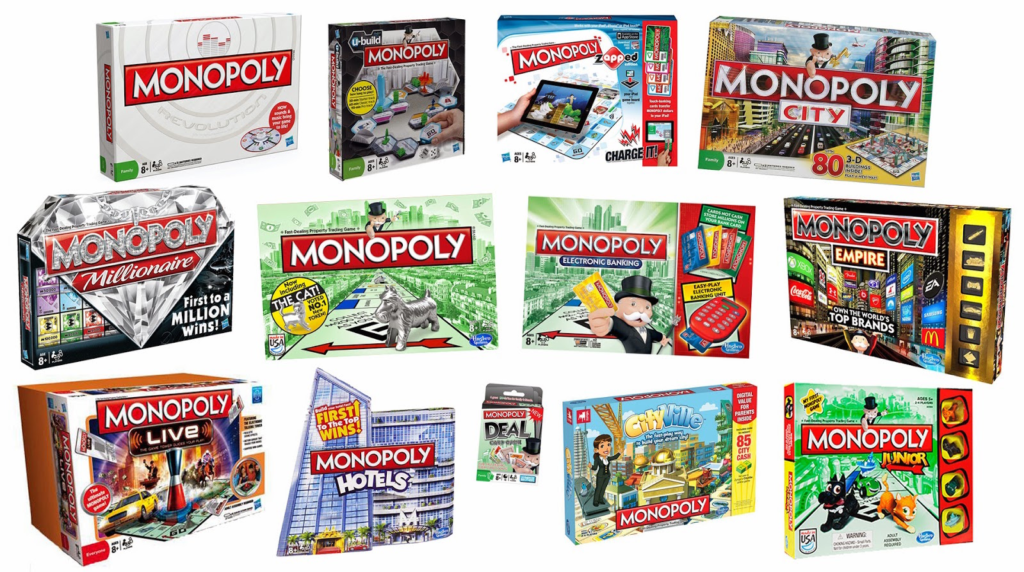
Cultural Impact and Adaptability
Monopoly has not only infiltrated households but has also left an indelible mark on popular culture. From references in literature and film to its influence on the development of other board games, Monopoly’s cultural impact is undeniable. The game’s adaptability is evident in the myriad of themed editions, spanning everything from iconic cities to beloved movie franchises. This versatility allows Monopoly to evolve with the times, ensuring that it remains relevant and appealing to new generations. The game’s cultural resonance extends beyond its physical board, with digital adaptations and online versions bringing the classic gameplay to a new era of players.
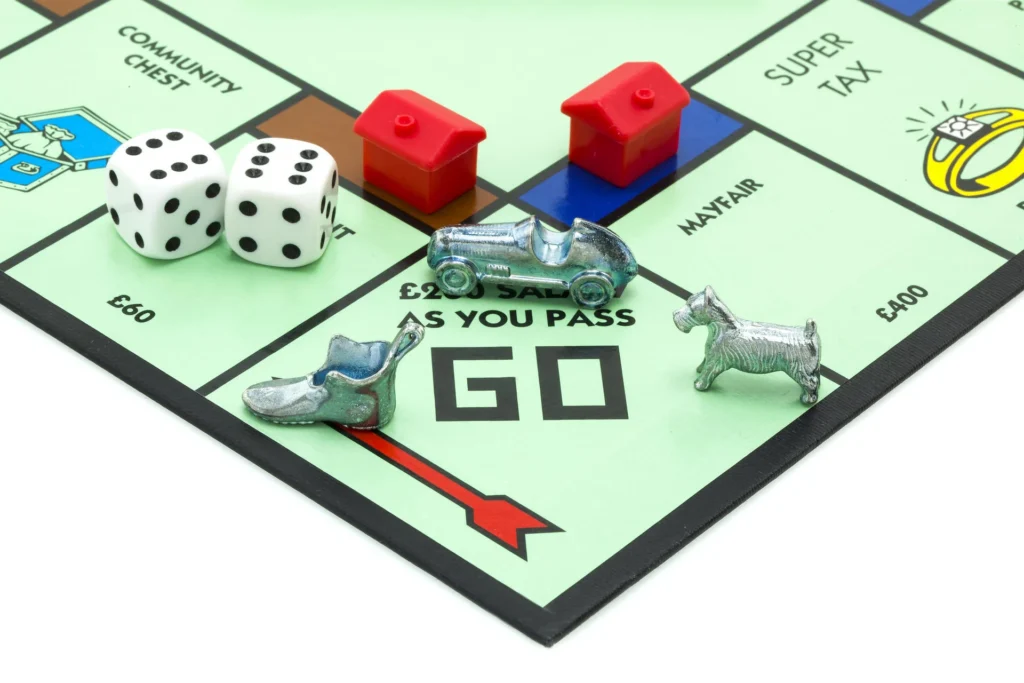
Monopoly: A Social and Familial Catalyst
One of Monopoly’s most compelling attributes is its ability to act as a catalyst for social interaction and family bonding. The game’s structure encourages communication, negotiation, and friendly rivalry, fostering an environment where players engage with one another on a personal level. Whether it’s a family game night or a casual gathering with friends, Monopoly has the power to bring people together, creating lasting memories and traditions. The shared experience of navigating the board, facing financial challenges, and celebrating victories builds a sense of camaraderie that transcends the game itself.
While Monopoly boasts a legion of dedicated fans, it is not immune to criticism and controversy. Detractors argue that the game’s reliance on luck, especially in the early rounds, can lead to frustrating experiences. Additionally, some assert that the game’s length can be a deterrent, especially if players are not invested in the outcome. The concept of player elimination, where bankrupt players are sidelined, has also been a point of contention. Despite these criticisms, Monopoly’s enduring popularity suggests that its positive aspects outweigh the negatives for a vast majority of players.
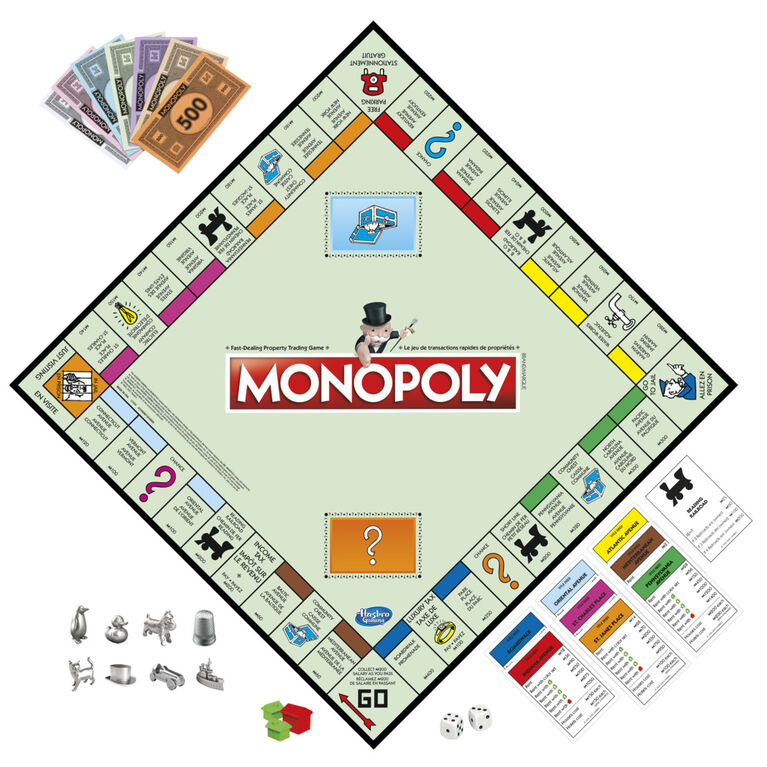
The Nostalgia Factor
Nostalgia plays a significant role in Monopoly’s claim to greatness. For many, the game is a nostalgic link to childhood, evoking memories of rainy afternoons spent huddled around the board with family and friends. The sentimental value attached to Monopoly enhances its appeal, making it a game that transcends generations. The familiar sights of the game board, the sound of dice rolling, and the satisfaction of acquiring that coveted property contribute to a warm and comforting nostalgia that few other games can replicate.
In the realm of board games, Monopoly stands tall as a timeless classic that has captured the hearts and imaginations of players for nearly a century. Its strategic depth, enduring popularity, cultural impact, and ability to foster social connections make it a strong contender for the title of the greatest board game ever. While it may not be immune to criticisms, the game’s positive attributes, coupled with the nostalgia it invokes, create an enduring appeal that ensures Monopoly’s place at the forefront of tabletop gaming for generations to come. As players continue to roll the dice and navigate the iconic board, Monopoly’s legacy as the quintessential board game remains unchallenged.

